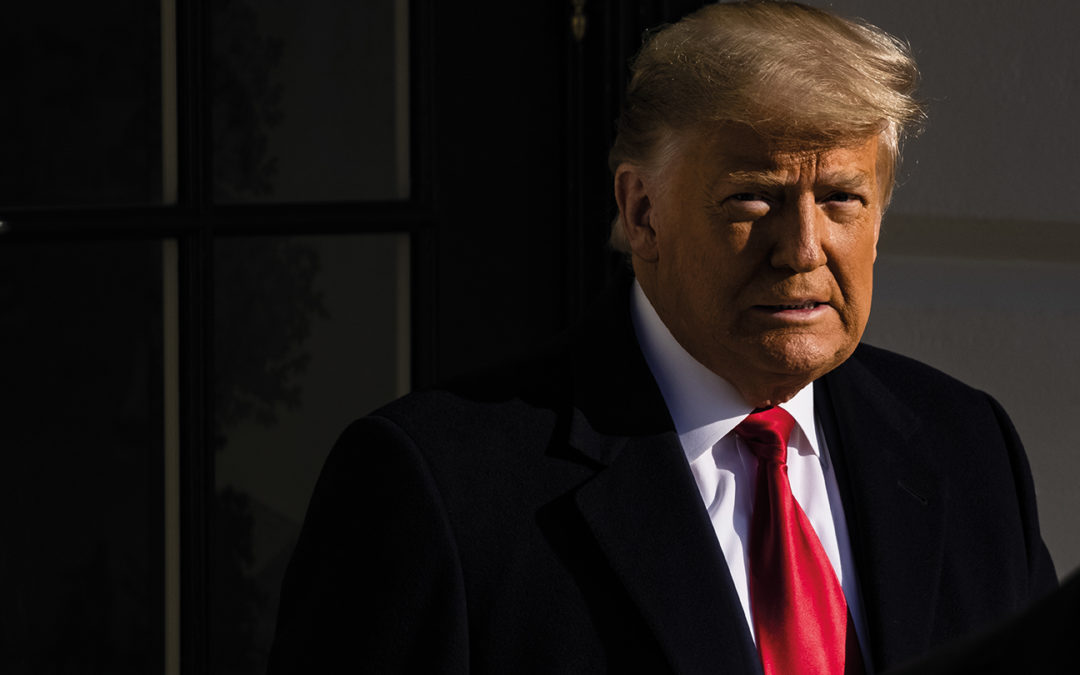so-called “Development Plan for New Generation Artificial Intelligence”. Within the next decade, the government plans to build up an AI industry worth more than 150 billion euros in order to become the world market leader in this field by 2030. In the three years between 2018 and 2021 alone, the market volume of AI applications should then have increased tenfold. Many countries see this development with concern, even though they are not doing too much to defend or even expand their lead over the competition. Currently, the USA, Great Britain and even Germany still have a lead over China in AI, but this lead is shrinking rapidly.
China has huge advantages over competitors such as the USA and Europe, mainly because of low salaries. There is a school for AI, which was established by the University of the Chinese Academy of Sciences (UCAS) in 2018. Even AI textbooks for students are already being used out in schools. In the science and technology park Bainiaohe Digital Town, 50 kilometres from the capital of Guizhou Guiyang, hundreds of vocational school students are constantly working to tag photos and analyse language. The data generated is then used for projects in the fields of face and voice recognition and autonomous driving. However, artificial intelligence in China is in the hands of the government. It is precisely the surveillance by millions of “intelligent” video cameras, however, that causes many worries among foreign employees of China based companies. AI technologies have long been used to create large-scale motion profiles. While Western countries use the technology primarily to apprehend terrorists or human traffickers, the Chinese government is trying to target each of its 1.4 billion citizens. For many non-Chinese, AI in the hands of the Chinese government is therefore an unwelcome thought.
AI as an important economic factor for China
If you take a closer look at China’s internet giants, it quickly becomes clear how important AI will become in China in the coming years. While Germany’s internet users have long struggled with new applications and still do many things with their desktop computers, 80 per cent of the Chinese are “mobile first” on the move; this means that almost all purchases are paid for by mobile phone. The dynamic is also reflected in the shift in the global balance of power: in 2013 only two of the 20 most valuable internet companies came from China, in 2018 there were already nine. The government of the Middle Kingdom expects companies and research institutions to be at the same level as leading AI countries – namely the USA – as early as 2021. Just four years later, major breakthroughs in selected AI technologies are expected to be achieved. These should provide the impetus for economic transformation. By 2030 at the latest, China aims to be the world’s leading centre of AI innovation, thereby strengthening its own role as a major economic power. Initially, the development of smart products such as networked vehicles and intelligent service robots, as well as technological breakthroughs in network chips, smart manufacturing and the 5G Internet will be achieved.
Should the world fear China’s AI dominance?
The reasons for China’s ambition to become the world leader in AI are national and economic interests as well as its own security interests. However, China’s geo-strategic interests and expansion strategies are increasingly becoming a problem for users of AI technologies from China, for example in the fields of logistics, process control and supply chain management. For example, if the country decides to collect nationwide medical data, this is done immediately. In the USA and other Western countries, privacy concerns immediately arise. One thing is clear: China’s future dominance in AI technology will be unstoppable. Experts fear that the lead will also be unstoppable. The resources China is investing in finance and labour are too great. Nevertheless, there is no way for Europe to avoid facing up to the development of AI. On the one hand, in order not to lose the large market to China completely, on the other hand, in order to become self-sufficient and not to be completely at the mercy of a monopoly.









































